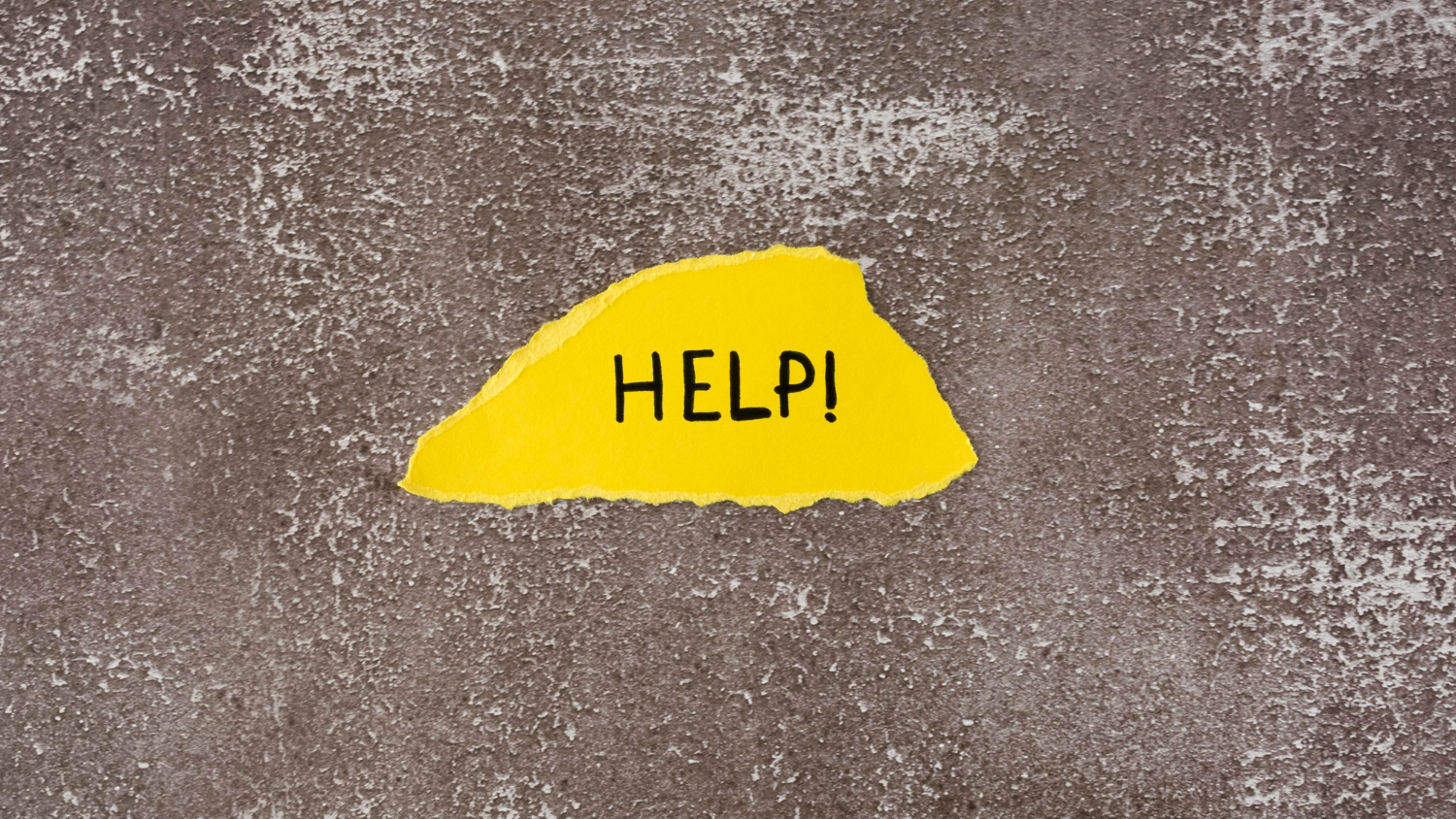
The Power of Giving: Why Donation Matters

Fatima Zohra Merzouk
27 Oct 2023
Donation is a powerful act that can bring about positive change and make a significant impact on the lives of those in need. It's a gesture of compassion, generosity, and solidarity with the less fortunate. In today's world, where challenges and crises abound, the importance of donation cannot be overstated.
When you make a donation, whether it's in the form of money, goods, or your time, you are contributing to the betterment of society and the well-being of individuals and communities. The ripple effect of your donation can be far-reaching, touching lives in ways you may not even realize.
One of the primary reasons why donation matters is its role in addressing urgent needs. Whether it's responding to natural disasters, providing relief in times of crisis, or assisting marginalized communities, donations play a crucial role in ensuring that immediate needs are met. For example, when a devastating earthquake strikes, donations can help provide emergency shelter, food, clean water, and medical assistance to affected populations.
Moreover, donations support critical social causes, such as healthcare, education, and poverty alleviation. Charitable organizations and nonprofits rely on donations to fund their programs and initiatives. When you donate to these organizations, you enable them to carry out their missions and bring about positive change in society. Your contribution might help build schools, provide access to clean drinking water, or deliver essential medical care to those who would otherwise go without.
The importance of donation also extends to the advancement of scientific research and medical breakthroughs. Donations to medical research institutions can accelerate the development of treatments and cures for diseases. Many breakthroughs in the medical field have been made possible through generous donations that support research efforts.
Another vital aspect of donation is its impact on empowering individuals and communities. Donations can help people acquire new skills, access education, and start businesses. For example, microfinance programs funded by donations enable aspiring entrepreneurs, often in underprivileged regions, to start small businesses and become self-reliant.
Donations also promote a culture of giving and altruism. When you donate, you set an example for others to follow. Your act of kindness can inspire friends, family, and colleagues to join in and contribute to meaningful causes. This collective effort can create a sense of unity and community engagement, where people come together to make a positive change.
Furthermore, donation fosters a sense of personal fulfillment and happiness. Knowing that you've made a difference in someone's life or contributed to a cause you're passionate about can bring a profound sense of satisfaction. It reinforces the idea that even small actions can have a big impact.
In addition to these benefits, donations often come with tax incentives. In many countries, charitable contributions are tax-deductible, which means you can receive a tax benefit for your generosity. This not only encourages more people to donate but also helps individuals financially in the process.
The act of donating also strengthens social bonds and connections. It can bring people together for a common cause, fostering a sense of community and shared values. Whether through fundraising events, volunteer opportunities, or simply discussing the causes you're passionate about, donations can be a catalyst for social interaction and relationship-building.
In conclusion, the importance of donation cannot be overstated. It is a powerful tool for addressing urgent needs, advancing social causes, and promoting positive change. Your donations, no matter how small, have the potential to make a profound impact on the world. So, consider giving back, and together, we can build a better and more compassionate world.
More Articles
The world needs to fight with the hunger. Let’s learn more



